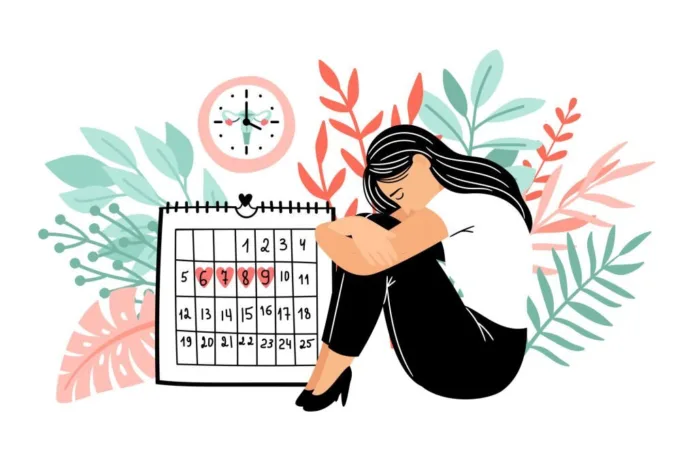Period pain, also known as menstrual cramps, is a common pain that occurs in the lower abdomen during menstruation. It is caused by the contraction of the uterus as it sheds its lining. Period pain can range from mild to severe, and it can last for a few hours to a few days.
There are many things that you can do to ease period pain. Here are some tips:
Over-the-counter pain relievers: Over-the-counter pain relievers, such as ibuprofen or acetaminophen, can help to reduce inflammation and pain.
Heat therapy: Applying heat to the lower abdomen can help to relax the muscles and relieve pain. You can use a heating pad, hot water bottle, or warm compress.
Rest: Getting plenty of rest can help your body to heal and reduce pain.
Should take Hot Drinks: During menstruation, hot beverages offer soothing relief by aiding muscle relaxation, alleviating cramps, and easing discomfort. Herbal teas such as chamomile or ginger tea possess anti-inflammatory properties that promote relaxation and provide pain relief. The combination of hydration and warmth derived from hot drinks not only helps with menstrual pain relief but also contributes to overall well-being.
Exercise & Yoga: Exercise can help to reduce pain and improve overall well-being. However, avoid strenuous exercise during your period, as this can make pain worse. Yoga poses that focus on the lower back and abdomen can help to relieve pain and improve circulation.
Avoid caffeine and alcohol: Caffeine and alcohol can dehydrate the body and worsen pain.
Eat a healthy diet: Eating a healthy diet can help to reduce inflammation and improve overall well-being. Include plenty of fruits, vegetables, and whole grains in your diet.
Stay hydrated: Staying hydrated is important for overall health and can help to reduce pain. Drink plenty of water throughout the day.
Get enough sleep: Getting enough sleep is important for overall health and can help to reduce pain. Aim for 7-8 hours of sleep per night.
Manage stress: Stress can worsen period pain. Find healthy ways to manage stress, such as yoga, meditation, or spending time in nature.

If you are experiencing severe period pain, you should see a doctor. There may be an underlying medical condition that is causing your pain.
Here are some additional tips for managing period pain:
- Keep a pain diary to track the severity and frequency of your pain. This can help you to identify triggers and find ways to manage your pain.
- Talk to your doctor about your pain. They can help you to determine the best treatment plan for you.
- There are many resources available to help you manage period pain. Talk to your doctor or a women’s health nurse for more information.
By following these tips, you can manage your period pain and improve your quality of life.




